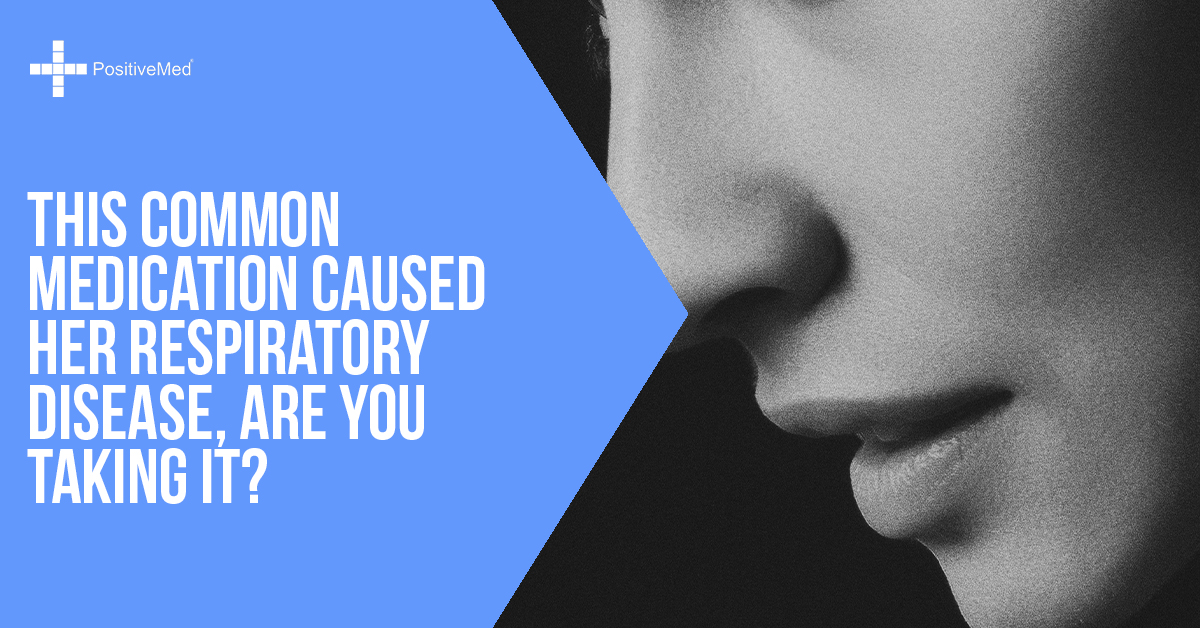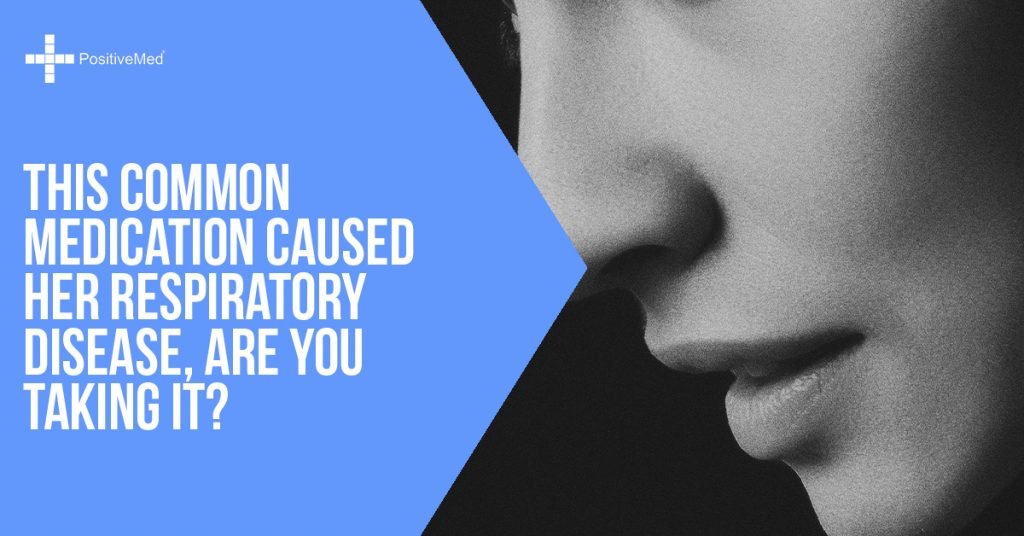When she was a teenager, 27-year-old Allison Fite, always fell asleep in school, but it wasn’t her fault. Physicians kept telling Fite she had a severe sinus infection, but that infection never cleared up. For the next decade of her life, Fite suffered from sinusitis and constantly took decongestants and antibiotics for it. Her doctors didn’t realize that Fite was suffering from a little-known condition called Aspirin-Exacerbated Respiratory Disease (AERD). According to Brigham and Women’s Hospital, approximately one million people or seven percent of American adults with asthma suffer from AERD.

Fite had many allergy tests, which never showed any positive results. She also had to have nasal polyps (noncancerous growths inside the nose) removed, only to have them reoccur. When she was living in Thailand, Fite was diagnosed with AERD. While she was in Thailand, Fite’s mother found a paper by Dr. Tanya Laidlaw, an Immunologist at Brigham and Women’s Hospital who studies respiratory disease AERD. Fite showed the paper to her doctor in Thailand who decided to try an experiment. He gave Fite a small dose of aspirin. Forty-five minutes later, Fite recalls sitting in the hospital sweating, coughing, and having high blood pressure.
Fite was diagnosed with AERD and moved back to the United States to undergo aspirin desensitization under Dr. Laidlaw’s supervision. Fite’s AERD has improved significantly since she was diagnosed with the condition and began aspirin desensitization. She will need to remain on a daily dose of aspirin for the rest of her life to help control her AERD symptoms.
Symptoms
People who have AERD often have asthma, nasal polyps, and nasal congestion. Many people with this condition also experience chronic sinusitis and may lose their sense of smell. The main feature of Aspirin-Exacerbated Respiratory Disease, however, is that a person has specific reactions to aspirin or non-steroid anti-inflammatory drugs (NSAIDs).
According to Brigham Women’s Hospital, these reactions include nausea or abdominal cramping, stuffiness or increased nasal congestion, a sensation of sinus pain or a frontal headache, a general feeling of malaise, which may include dizziness, rash or flushing, eye redness or watering, and chest tightness, wheezing, or coughing.
RELATED ARTICLE: Avoid Side Effects: List of Drugs to Swap with Turmeric
Cause
The cause of AERD is not fully understood. Research on the condition continues to reveal more about its exact cause. AERD is not inherited through genetics. Individuals who have AERD tend to have high levels of cells known as eosinophils in their sinuses and blood. It is thought that these high levels of eosinophils may lead to chronic inflammation in the airways.
People with this condition also have impaired cyclooxygenase enzyme (COX) airways, and their bodies make high levels of leukotrienes. When people with AERD take aspirin or an NSAID, their leukotriene levels increase, which leads to the negative reactions to NSAIDs and aspirin.
Treatment
People with AERD who have not undergone aspirin desensitization should avoid taking aspirin and NSAIDs that inhibit the COX-1 enzyme. Acetaminophen can be utilized as an alternative pain reliever as it is generally tolerated well by individuals with Aspirin-Exacerbated Respiratory Disease when taken in doses less than 1000mg.
Medications that inhibit the production of leukotrienes or inhibit the actions of leukotrienes are beneficial in the treatment of AERD and decreasing the severity of the reaction to aspirin and NSAID medications as well. Many individuals with AERD need to have nasal polyps surgically removed. Nasal polyps often reoccur with AERD, though adding montelukast after surgery has been shown to slow polyp regrowth.
READ ALSO: Woman Shares Her Tragic Story About Long-Term Drug Side Effects
According to the Center for Allergy and Immunology at Kansas City Physician Partners, aspirin desensitization is a well-tolerated treatment when combined with surgery, especially for individuals suffering from severe asthma symptoms and polyp disease. During the aspirin desensitization process, small incremental doses of aspirin are given until the patient is able to tolerate a full dose of aspirin. After the desensitization process, patients typically continue aspirin therapy, where they take one or two doses of aspirin daily, for the rest of their lives. Aspirin desensitization and aspirin therapy decreases polyp regrowth and nasal congestion and improves asthma symptoms and sense of smell.
If you have symptoms of AERD, please talk with your doctor about them. A proper diagnosis and treatment will improve your symptoms and quality of life.






